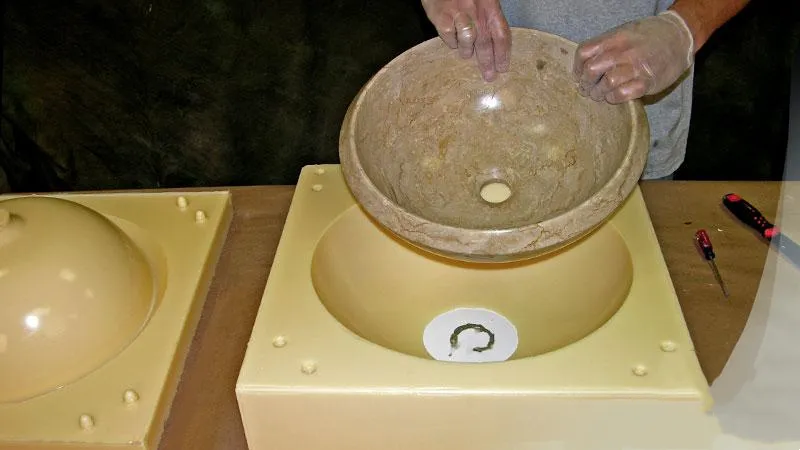Certainly!
Is Polyurethane Resistant to Mold? Understanding the Facts
In the world of materials and coatings, polyurethane stands out as a versatile and widely-used substance. From furniture finishes to protective coatings on various surfaces, polyurethane has found its place in numerous applications. One of the most frequently asked questions about this material is its resistance to mold. Let’s delve into the facts and understand whether polyurethane is indeed mold-resistant.
What is Polyurethane?
Before we address its mold-resistant properties, it’s essential to understand what polyurethane is. Polyurethane is a type of polymer that is formed by the reaction of a polyol with an isocyanate. It can be tailored to be either rigid or flexible, making it suitable for a wide range of applications. Its versatility is one of the reasons it’s so popular in industries ranging from automotive to furniture.
Mold: The Silent Invader
Mold is a type of fungus that thrives in damp and humid conditions. It can cause structural damage to buildings, spoil food, and even lead to health issues. Hence, materials that can resist mold growth are highly sought after, especially in environments prone to moisture.
Is Polyurethane Mold-Resistant?
The straightforward answer is yes. Polyurethane, when applied correctly, forms a protective barrier that is impermeable to water. This barrier prevents moisture from seeping into the material beneath, making it difficult for mold to grow. However, it’s essential to note that while polyurethane itself is resistant to mold, the material it coats might not be. For instance, if wood isn’t properly sealed and then coated with polyurethane, mold can grow on the wood beneath the polyurethane layer.

Factors Influencing Polyurethane’s Mold Resistance
Application Method: A uniform and thorough application of polyurethane is crucial. Any gaps or thin areas can become potential entry points for moisture.
Environment: While polyurethane can resist mold, it’s always advisable to reduce the overall moisture in an environment. Using dehumidifiers or ensuring proper ventilation can help.
Type of Polyurethane: There are different types of polyurethane, including water-based and oil-based. While both offer mold resistance, their effectiveness might vary based on the application and environment.
Conclusion
Polyurethane is a remarkable material that offers resistance to mold, among its many other properties. However, its effectiveness in preventing mold growth largely depends on its application and the environment. Proper application and regular maintenance can ensure that polyurethane serves as a robust barrier against mold for a long time.


